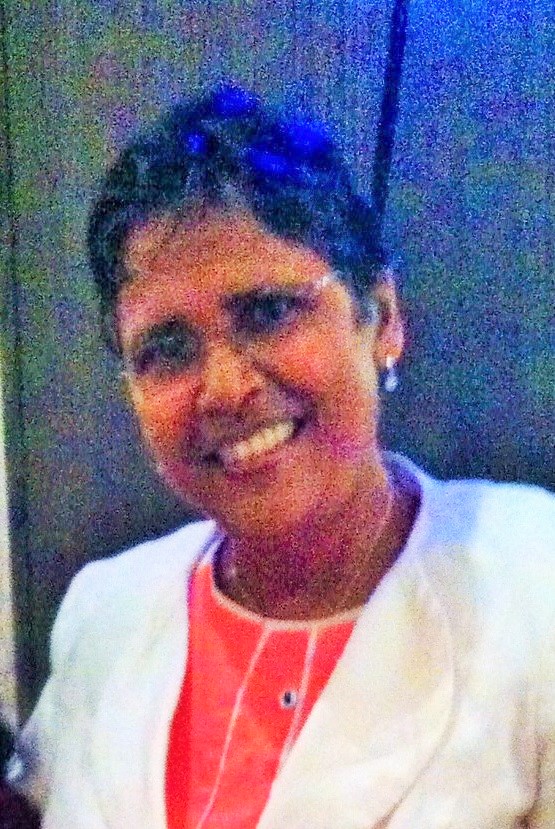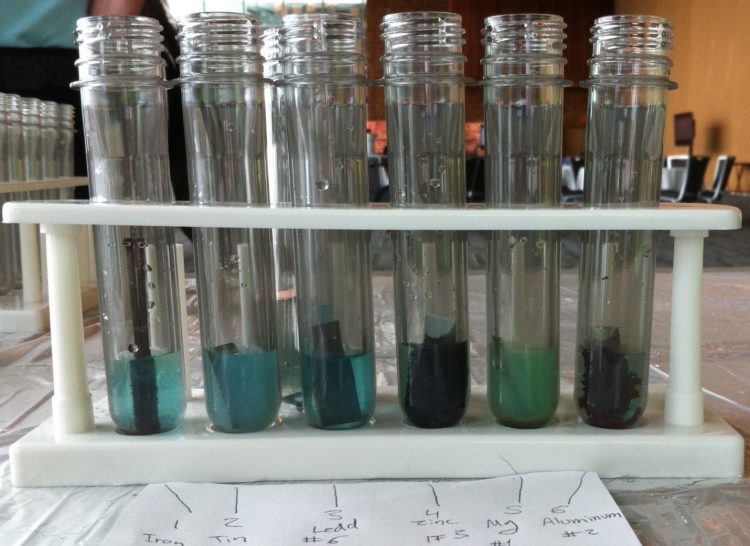 By Judy Dabideen-Sonachansingh (MEd in IE, Chemistry Teacher)
By Judy Dabideen-Sonachansingh (MEd in IE, Chemistry Teacher)
As a child, I questioned everything, much to the dismay of my father, to whom most of my questions were directed. He would often tell me to read a book on the topic of interest, but that would then lead to more questions. This curiosity developed an interesting dynamic in my learning – observe, question, read, more questions, repeat. So, from a very young age my literary, scientific mind was nourished. Words became my reality; but that meant my tenuous connection to physical reality was weakened.
Science is about, at its core, trying to understand our physical reality. As a learner and a teacher of Science, I have acquired a unique perspective on what is important and useful about Science. I have taught Science at the High School level for 35 years and as I approach retirement, I pass this list on as what I consider to be important in the learning/teaching process. To future Science teachers, feel free to use all, some or none of these ideas to shape your own practice:
Stand back, we’re about to DO Science!
- Use as many of your senses as you can to make keen observations. Taste, in the modern laboratory, has been banished, but in everyday life taste is a powerful invoker of vivid memories of events long past. It is the way that our caveman ancestors catalogued useful/harmful things to eat. Smell is closely linked to taste and can be used effectively in a lab setting to enrich our physical experience.
- Learn to cut things without cutting yourself. Children should not be kept away from sharp objects, rather they should be taught how to use them effectively.
- Learn to start a fire. Strike a match, light a Bunsen burner, candle or alcohol lamp. Fire is our friend.
- Heat things without burning ourselves. Heat things even if we burn ourselves. Skin heals.
- Grind things into a fine powder using a mortar and pestle. It is how humanity discovered the joys of corn meal and all kinds of delicious compound mixtures.
- Measure everything. Our sensual perceptions are notoriously unreliable and an external measure grounds us in something real outside ourselves.
Stand well back, we’re about to IMAGINE Science!
- Ask as many “I wonder what would happen if…” questions as you can muster in any given day. It is how we give our minds permission to explore freely, without the constraints of relevance, cost-effectiveness and other mundane matters.
- Allow yourself to be persuaded by strong evidence. The greatest gift that Science has given to humanity is the ability to consider a body of evidence, see linkages and patterns and yield to that which is greater than ourselves.
- Learn to cooperate with others. We never achieve anything alone. Ever. Working with others, bouncing ideas between great minds leaves us refreshed, invigorated and alive with new possibilities. Collaboration feeds the collective mind.
- Doubt and trust in equal measure. Doubt until we run out of reasons to doubt and then trust.
- Be willing to make mistakes. To think that we could ever be infallible is to set ourselves up for false claims of perfection. It does not exist, as evidenced by this list!
I hope you noticed that this list says nothing about specific content. As a Chemistry teacher, I am a stickler for the details that are known in the canon of knowledge that is Chemistry. That which we are certain about must be passed on intact, to future generations. The collective wisdom of humanity is a fragile thing; it is to be guarded from post-truth shenanigans. But, as important as that is, what we are sure about is not what has stayed with me over time. The abilities and attitudes that have endured are the things that have the least tangible, measurable qualities. How ironic is that?

